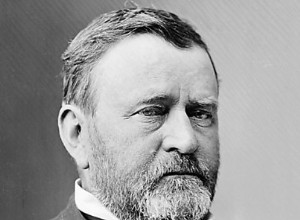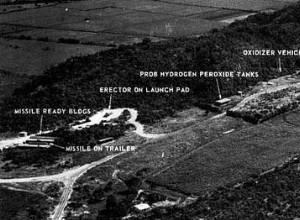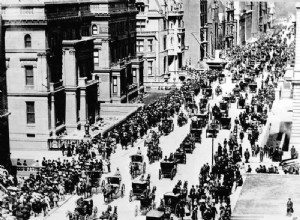Since the first president, George Washington, many American presidents are war heroes or lawyers. Ulysses Grant, the 18th president of the United States immediately after the Civil War, is probably the representative of the former. Civil War Hero Ulysses Grant (Ulysses is an English reading




